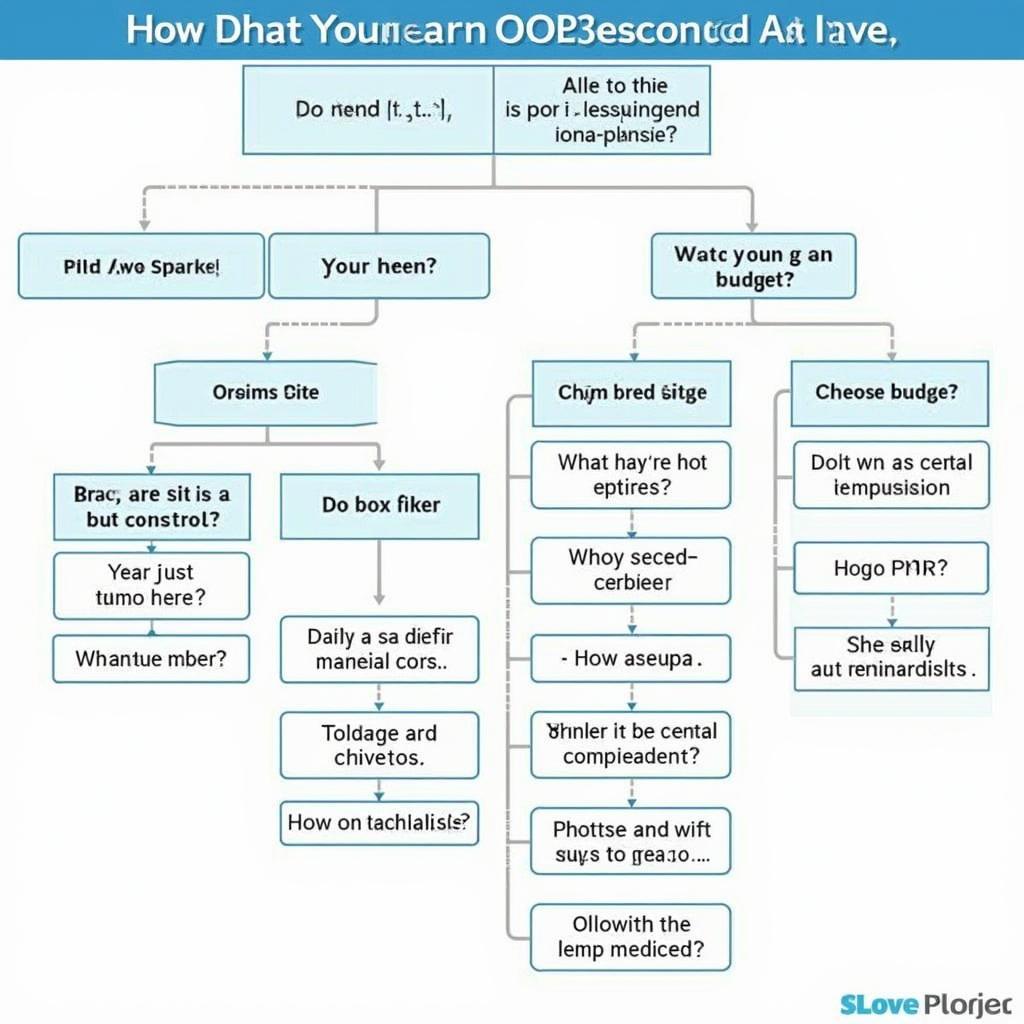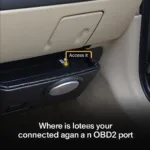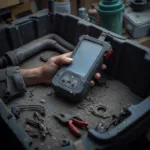Choosing the right OBD2 scanner can feel overwhelming with so many options available. This guide will walk you through everything you need to know to select the perfect OBD2 scanner, whether you’re a professional mechanic or a car enthusiast.
Understanding Your Needs and the Types of OBD2 Scanners
Before diving into specific models, it’s important to understand what you need your OBD2 scanner to do. Are you looking for basic code reading capabilities? Do you need advanced features like live data streaming or bi-directional controls? Identifying your needs will help narrow down the choices.
There are several types of OBD2 scanners on the market:
- Basic Code Readers: These are the most affordable options and are ideal for retrieving and clearing basic diagnostic trouble codes (DTCs).
- Enhanced Code Readers: These offer more features than basic code readers, such as the ability to display freeze frame data and I/M readiness status.
- Professional OBD2 Scanners: These are designed for professional mechanics and offer advanced features like live data streaming, bi-directional controls, and access to manufacturer-specific codes.
- Bluetooth/Wi-Fi OBD2 Adapters: These connect to your smartphone or tablet and use dedicated apps to provide a wide range of diagnostic functions.
Key Features to Consider When Choosing an OBD2 Scanner
Once you’ve identified your needs, consider the following features:
- Compatibility: Ensure the scanner is compatible with your vehicle’s make, model, and year. Most modern vehicles (1996 and newer in the US) are OBD2 compliant, but some older vehicles may require specialized adapters.
- Code Reading and Clearing: All OBD2 scanners should be able to read and clear generic DTCs. Some scanners can also read manufacturer-specific codes.
- Live Data Streaming: This feature allows you to view real-time sensor data, which can be helpful for diagnosing intermittent problems.
- Bi-directional Controls: This allows you to activate certain components, such as fuel injectors or solenoids, to test their functionality. This is primarily a feature of professional-grade scanners.
- User Interface: A clear and easy-to-navigate user interface is essential, especially if you’re not familiar with OBD2 scanners.
- Data Logging and Reporting: Some scanners allow you to log diagnostic data and generate reports, which can be useful for tracking repairs.
- Software Updates: Regular software updates ensure compatibility with new vehicle models and diagnostic protocols.
OBD2 Scanner Myths Debunked
Several misconceptions surround OBD2 scanners. Let’s address a few:
- Myth: All OBD2 scanners are the same. Reality: OBD2 scanners vary significantly in features and capabilities.
- Myth: Expensive scanners are always better. Reality: The best scanner is the one that meets your specific needs and budget.
- Myth: OBD2 scanners can fix car problems. Reality: OBD2 scanners are diagnostic tools; they identify problems, not fix them.
Which OBD2 Scanner is Right for You?
- For the DIYer: An enhanced code reader or a Bluetooth adapter is a good choice for basic diagnostics and maintenance.
- For the Professional Mechanic: A professional-grade scanner with advanced features like bi-directional controls and manufacturer-specific code reading is essential.
- For the Car Enthusiast: A mid-range scanner with live data streaming and data logging capabilities can be a great tool for monitoring vehicle performance and diagnosing issues.
“Choosing the right OBD2 scanner can empower you to take control of your vehicle’s maintenance and diagnostics,” says John Smith, ASE Certified Master Technician. “It’s an investment that can save you time and money in the long run.”
Conclusion
Choosing the best OBD2 scanner involves understanding your needs, researching available features, and selecting a scanner that fits your budget. Whether you’re a professional mechanic or a car enthusiast, the right OBD2 scanner can be an invaluable tool for diagnosing and troubleshooting car problems. Remember to consider compatibility, functionality, and user-friendliness when making your decision.
 Choosing the Right OBD2 Scanner for Your Needs
Choosing the Right OBD2 Scanner for Your Needs
“Don’t underestimate the power of a good OBD2 scanner. It’s like having a mechanic in your pocket,” adds Jane Doe, Automotive Engineer. “Being able to quickly diagnose a problem can save you from costly repairs down the road.”
FAQ
-
What does OBD2 stand for?
- OBD2 stands for On-Board Diagnostics, Generation 2.
-
Will an OBD2 scanner work on my car?
- Most cars made after 1996 in the US are OBD2 compliant. Check your vehicle’s documentation to be sure.
-
Can I fix my car with an OBD2 scanner?
- No, an OBD2 scanner is a diagnostic tool. It helps identify problems, but it doesn’t fix them.
-
What are diagnostic trouble codes (DTCs)?
- DTCs are codes that indicate a specific problem with your vehicle.
-
What is live data streaming?
- Live data streaming shows real-time data from various sensors in your car.
-
Do I need a professional-grade scanner?
- It depends on your needs. DIYers may find a basic code reader sufficient, while professionals will need a more advanced scanner.
-
How often should I update my OBD2 scanner software?
- Check the manufacturer’s recommendations for software updates. Regular updates ensure compatibility with new vehicles and protocols.
When you need assistance, contact us via WhatsApp: +1(641)206-8880, Email: [email protected] or visit us at 789 Elm Street, San Francisco, CA 94102, USA. Our customer support team is available 24/7.

